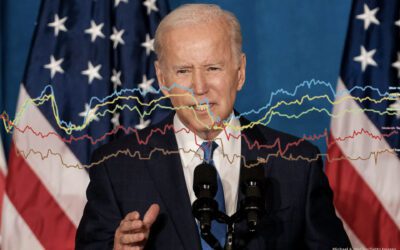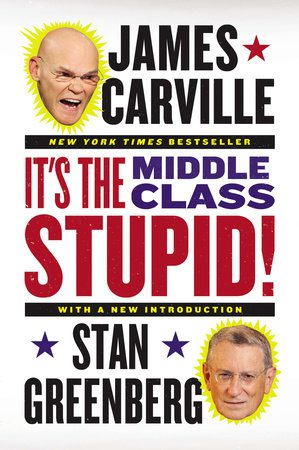New polling for Public Citizen provides powerful new insights about the public’s views on the trade issue generally, the Trans-Pacific Partnership specifically, and one of TPP’s central components – Investor State Dispute Settlement (ISDS). This unique survey of likely voters identifies key targets in the trade debate among Democrats, independents and Republicans and demonstrates how they can be moved to engage in the battle against TPP.[1]
The public begins the debate over TPP from a mostly disengaged and uncommitted position, bordering on neutrality. The public rates past trade agreements more positively than not, though many are unsure and few hold strong opinions. Like with many other issues, partisans of each party look different: Republicans are very negative and Democrats much more positive. That is likely exacerbated by the visible role of President Obama and demographic changes in both parties. And despite vocal opposition of major presidential candidates in both party primaries and the expectations of trade activists, the public begins almost evenly divided on the TPP, with many reporting they do not know enough to have an opinion and many still very unsure what to make of it.
In this period, the public is very focused on and hostile to corporations and CEOs of big companies who take home huge pay packages, while failing to invest in their own companies or America. When trade arguments are married to the public’s anger with corporations and big money influence over government and politicians who no longer work for ordinary citizens, voters shift dramatically to oppose past trade pacts and the TPP.
The public’s aversion to corporate control over government turns to revulsion towards TPP when they learn that corporate advisors shaped this agreement in secret negotiations so it includes expanded rights for foreign corporations to sue the American government for damages in front of three unaccountable corporate lawyers at the taxpayers’ expense. ISDS concretizes corporate influence at the expense of the people. To be sure, the public is very concerned that TPP exposes Americans to other threats from corporations – from allowing more imports of unsafe food from foreign providers to the greater incentives for American companies to offshore jobs and reduce wages. But those arguments gain power within a message framework that condemns the backroom-dealing and new powers for corporations under ISDS.
When voters hear this message, they become far more critical of past trade agreements, shift dramatically from support to opposition on TPP, and become intent on holding political leaders accountable should they vote to pass the new trade agreement. This big shift occurs after voters are exposed to a balanced contest of messages and arguments from both sides of the TPP debate. The opposition message and arguments are just much stronger.
This poll also finds a clear winning message for members of Congress faced with a vote on TPP in the “lame duck” session after the election. Voters want to hear their member voice respect for President Obama’s intentions, but they also want them to join the presidential candidates, economists and colleagues on both sides of the aisle and stand up for the middle class by refusing to support this agreement.
[1] Democracy Corps conducted a poll of 900 likely voters across the nation from June 23rd – 28th. Sixty-six percent of the surveys were completed among cell phone respondents. The margin of error is +/- 3.27 percentage points at the 95 percent confidence level. Margin of error is higher among subgroups.




